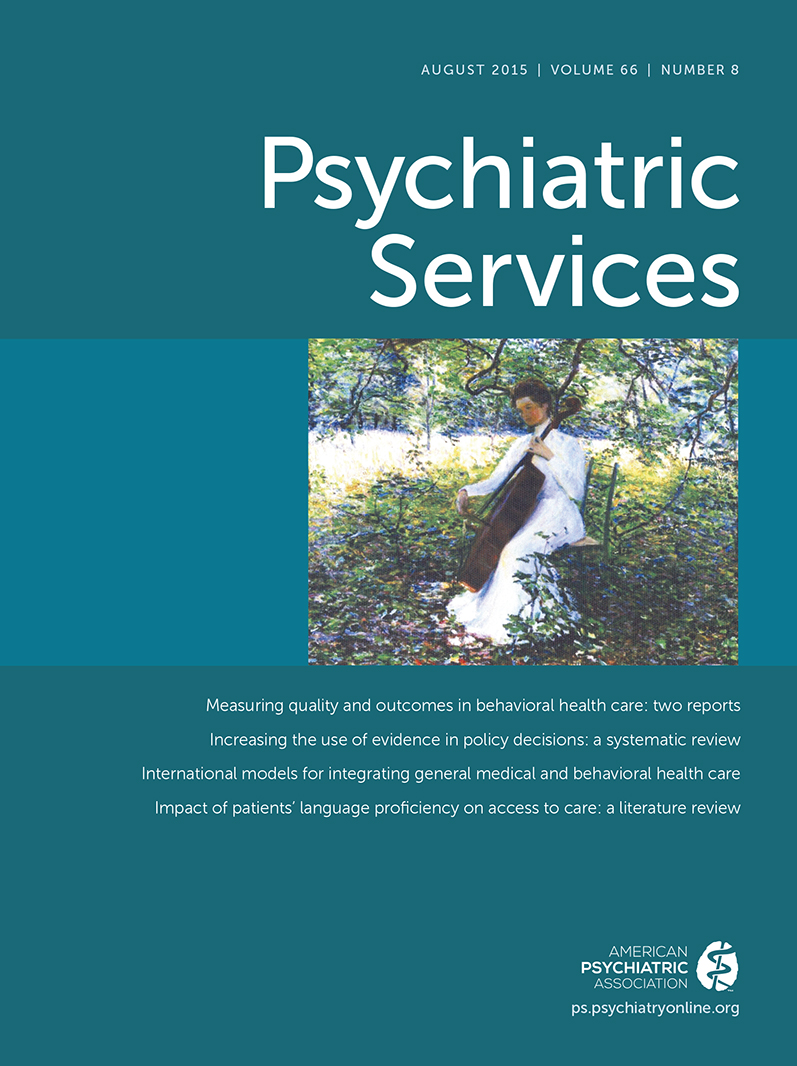Housing Programs for Homeless Individuals With Mental Illness: Effects on Housing and Mental Health Outcomes
Abstract
Objective:
This systematic review analyzed the best available research in the United States on permanent supportive housing programs for homeless individuals with mental illness and the effect of these programs on housing status and mental health. It updates older and broader reviews that included weaker studies or those that did not analyze permanent housing as an input and housing and mental health as primary outcomes.
Methods:
The literature search (1980–2013) yielded 14 studies (randomized controlled trials and quasi-experimental studies).
Results:
The studies found that a majority of participants placed in experimental housing programs with case management support remained in housing for at least one year or experienced more days housed than homeless relative to a comparison group. Although this finding is in line with previous literature reviews on permanent supportive housing, this analysis found limitations in each of the 14 reviewed studies, such as attrition, selection and response bias, imprecise definitions and implementation of housing programs, and a lack of appropriate controls. Only three of the reviewed studies reported using a housing fidelity assessment tool to test whether the housing intervention was faithful to theoretical standards, and conceptions and implementation of housing varied widely across studies, threatening internal and external validity.
Conclusions:
Pitfalls in the best available studies on permanent supportive housing programs in the United States limit the ability of research to inform the policy goal of ending chronic homelessness and demonstrate a need for further experimental research upon which to make funding and policy decisions, especially in light of prioritized federal funds.




